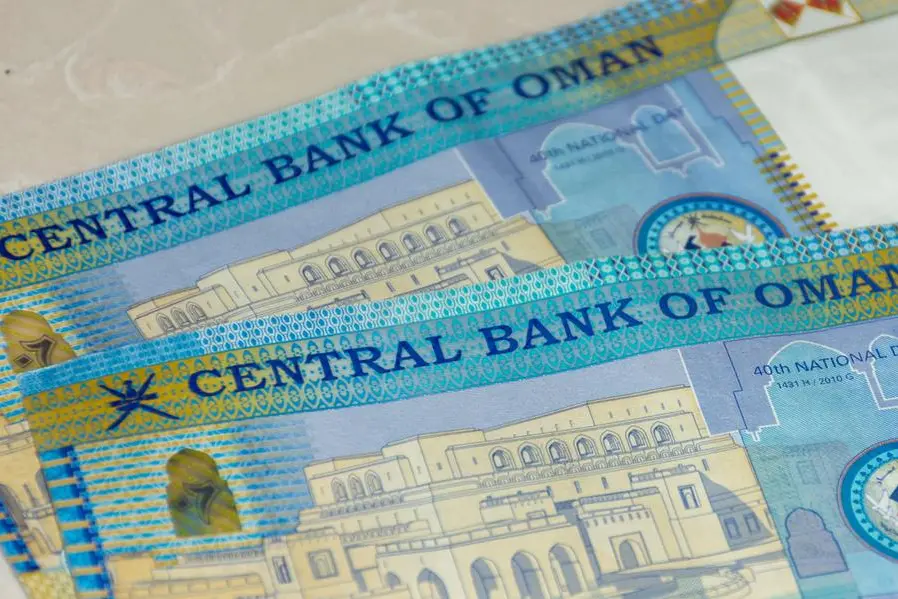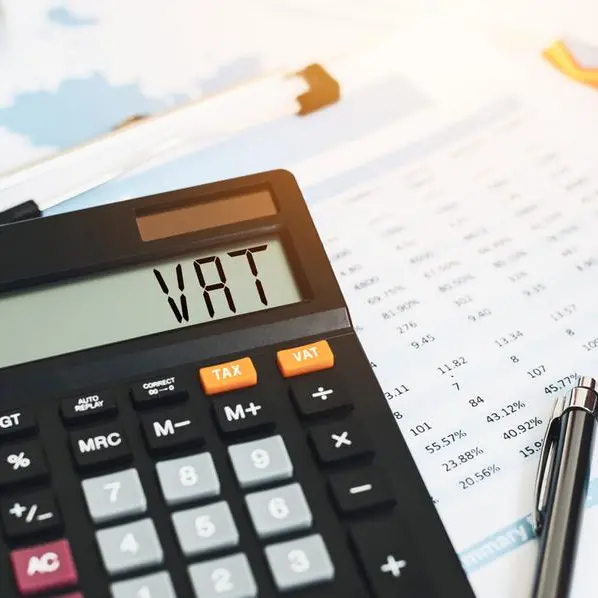PHOTO
Oman’s public debt could fall to 34% of GDP by end-2024 on sustained fiscal and external surpluses, according to Standard Chartered
Moreover, the sultanate's continued improvements in fiscal performance, deleveraging and commitment to reform could enable the sultanate to regain its investment-grade rating as early as 2024, lender said in a report on Wednesday.
In its Global Focus 2024 report, the bank said policymaking in Oman will "likely focus on pro-growth structural reforms to improve the business environment, attract FDI and execute IPOs, which should help stimulate investment and consumption while avoiding further disinflationary risk."
Oman, a small oil producer compared with its GCC neighbours, launched a medium-term fiscal plan in 202 to reduce public debt, diversify sources of revenue, and spur economic growth. In a move to diversify sources of revenue, it implemented a 5% VAT during 2021.
On Wednesday, the Oman Investment Authority, the sovereign wealth fund, launched a $5.2 billion fund to stimulate investments in small and medium-sized local companies, and attract foreign investment.
Standard Chartered sees growth in the non-oil sector (c.70% of real GDP) picking up to 2.5% in 2024, driven by sectors such as tourism, manufacturing and trade, "whilst overall economic growth is expected to be slow with subdued inflation".
Hussain Al-Yafai, CEO of Standard Chartered Oman, said: "We expect the Sultanate of Oman to continue to demonstrate resilience in the face of global uncertainties and project a positive credit rating trajectory in 2024 as a result of its strong fiscal performance and reform efforts.”
(Writing by Brinda Darasha; editing by Seban Scaria)





















